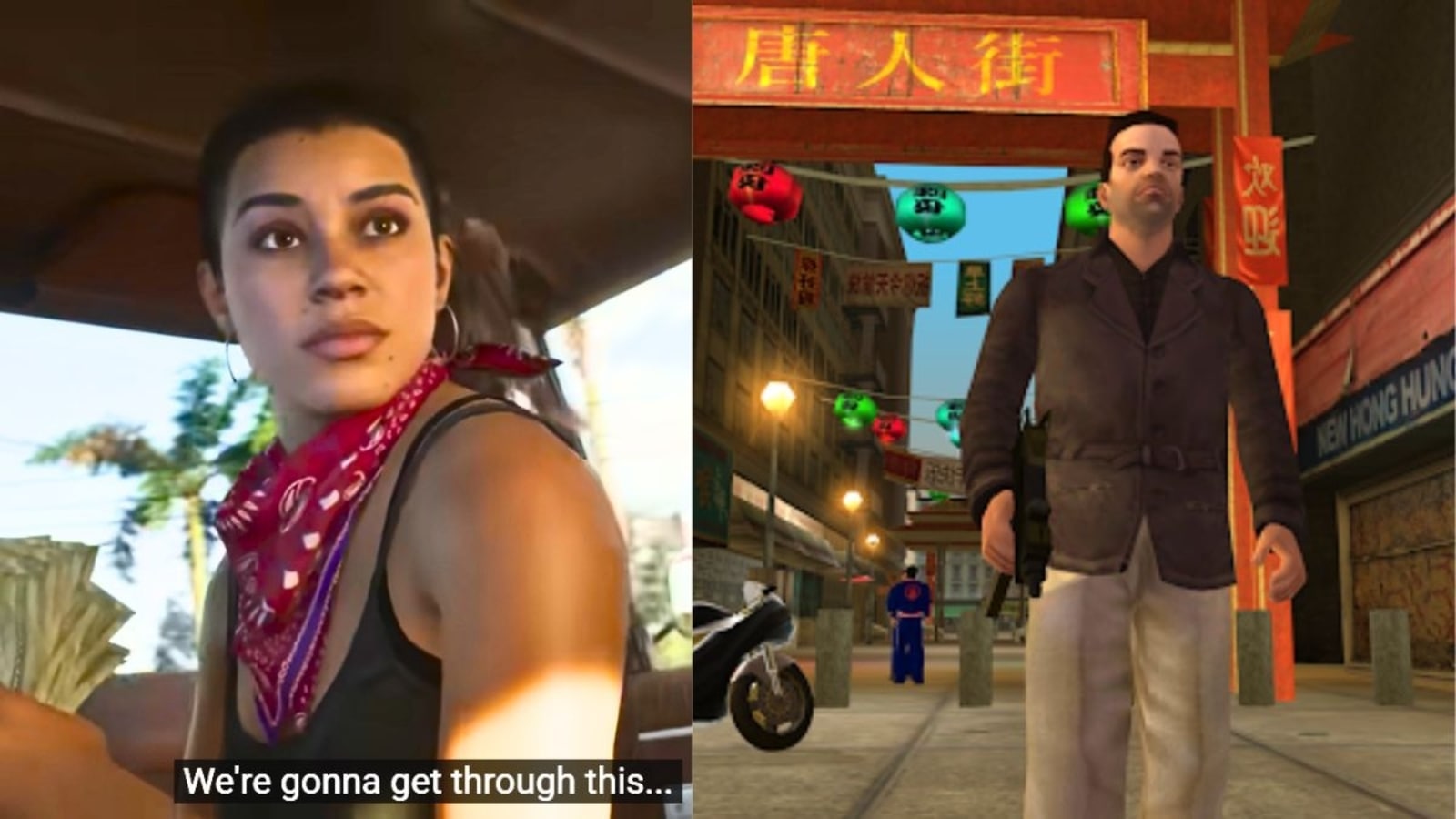The first time I tasted changua, a dairy-rich Colombian soup, my wife, Adri, a Bogotana from the heart of changua country, grimaced as I swirled the golden yolk of a poached egg through some half-melted cheese. She pulled a sour face as I sopped up the milky broth, seasoned with cilantro and green onions, with a chunk of bread. She pretended, I think, to suppress a gag as I ate it and continued until I finished.
Changua, an Andean soup of Muisca origin, has a divided audience in its home departments of Cundinamarca and Boyacá. (An informal poll I took in the group chat I share with my Colombian in-laws showed a near-perfect split between changua lovers and haters, as did a poll I took on Instagram.)
I can understand why. The idea of warm onion milk with stale bread, cheese and half-curdled eggs stirred into it is, admittedly, not particularly appetizing.
But as a changua lover, it comforts me in the same way other, more well-known broth-soaked stale bread recipes born of frugality do: French onion soup, Italian pappa al pomodoro or even New England clam chowder with a handful of crackers. The difference is that changua is so fast and simple that it’s doable on a bleary-eyed weekday morning. Add some stretchy cheese and a runny egg yolk, and it starts to sound pretty good, doesn’t it?
My knowledge of how to make changua, like most of my Colombian recipe knowledge, begins with my Adri’s aunt Gloria, who taught me how to make it in her tiny kitchen in Subachoque.
She started by combining equal parts milk and water (“never stock,” she scolded) with sliced Colombian long onions, minced cilantro and salt. Then, she pulled out some stale supermarket-style baguettes, which we opted for over almojábanas, a corn flour and cheese bread. We tore them into chunks and dropped them into the pot.
Next, we cracked a couple of eggs into a bowl before tipping them into the simmering pot, then divided the soup into warm bowls, an egg in each, and topped them with bits of queso pera, a good-melting, pear-shaped cheese that resembles full-fat low-moisture mozzarella. It was a perfect breakfast, eaten with cups of frothy hot chocolate (which, in the Colombian style, also got a few cubes of cheese stirred into them).
Since then, I’ve looked into recipes in books and on the internet, and found most to be virtually identical. Some suggest placing the stale bread in the serving bowl and pouring the hot broth on top, others serving bread on the side for dipping. Occasionally, a recipe will suggest sautéing the onions before adding the milk, but I prefer the lighter flavor of just-simmered onions. Some recipes even suggest using broth. (I sometimes season mine with a bouillon cube instead of salt — don’t tell Gloria.) Potatoes are a common addition.
The only real difficulty is in finding the right onions and cilantro. The long onions used in the Colombian Andes resemble a large green onion or a small leek, but I’ve made this soup with Japanese negi, spring onions, ramps from the farmers’ market and supermarket scallions. While they produce different soups, each one is delicious. Use whatever you have on hand.
In Colombia, cilantro is typically sold after the plant has bolted (prepared to produce flowers and seeds) and a dense growth of feathery leaves — more intensely flavored than the ones in American supermarkets — pop up. If you grow your own cilantro and diligently prune it to prevent bolting, try letting it go, so you can harvest the more intense leaves. If not, don’t worry: Regular cilantro leaves also work just fine here.
I was in Boyacá with my family this past winter and had just finished shooting a video about changua for my YouTube channel. I jokingly asked Adri if she wanted some. Turns out, she has opened up a bit to the idea: She would eat it if served but never choose to make or order it. As the one who usually makes breakfast, I’ll test the veracity of her claim the next time one of my frequent urges for changua arises.
























